JOHN HOPE BRYAND, OPERATION HOPE HOST “NEW ATLANTA” PANEL CONVERSATION AT THE GATHERING SPOT
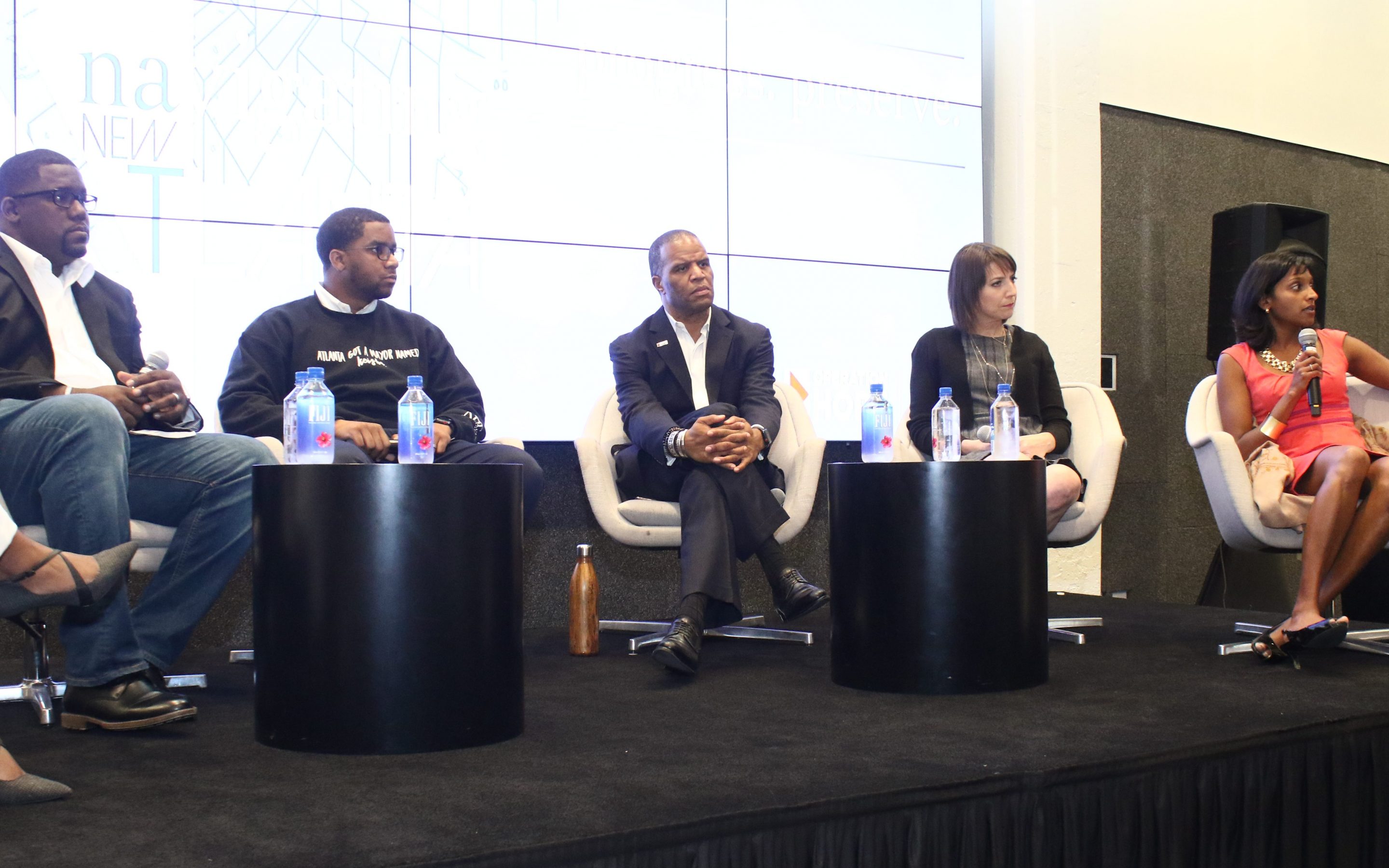
By Daja E. Henry, Ila Wilborn and Natrawn Maxwell (#TeamAuthentic, NNPA DTU Journalism Fellowship)
On Tuesday, Operation HOPE welcomed an audience of roughly 50 people to The Gathering Spot for a panel discussion aimed at dissecting what redevelopment, revitalization, and gentrification mean for parts of Atlanta.
Themed, “Navigating a New Atlanta,” panelists from various sectors of the community answered questions about the intersection of redevelopment and socioeconomics in the city.
Panelists included Bryant, the chairman, founder, and CEO of Operation HOPE; Ryan Wilson, CEO of the Gathering Spot; Kate Atwood, executive director of ChooseATL; Suganthi Simon, program officer for the Arthur Blank Family Foundation; and Terence Lester, founder of Love Beyond Walls.
Two of the more prominent questions to emerge from the discussion: What was wrong with the old Atlanta? Who gets the authority to define what this new Atlanta is?
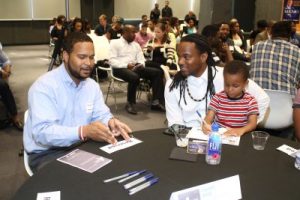
(Photos: Itoro Umontuen and Natrawn Maxwell / The Atlanta Voice)
Of approximately 50 people in the room, a little less than half raised their hands when asked if they were Atlanta residents. However, when asked if anyone felt included in the redevelopment decisions of the city, only two hands remained raised.
While gentrification, revitalization, and redevelopment are terms that seem to convey the same concept, the idea of “pushing low-income — mostly black and brown — people out of their homes to rebuild an upscale community for the wealthy — mostly white — people right in the center of urban adjacent neighborhoods because of its proximity and access to downtown” seemed to be agreed upon by all the panelists as the style of predatory redevelopment that is bad for Atlanta.
Wilson, the youngest among the panelists, recalled a quote that he had heard previously, “If you have come to help, you’re wasting your time. If you’ve come because your liberation is bound with mine, let us work together.”
“Atlanta has a social justice versus service issue,” said Wilson, who explained his point using an analogy of dead bodies floating downstream. “Service would be to go and pull the bodies out of the river. Social justice would be to go up to the top and figure out where the bodies are coming from.”
West Atlanta native Shawn Walton responded to the idea of a “new” Atlanta.
“It’s really hard to conceptualize what New Atlanta is or what it stands for. We know that things are changing,” said West Atlanta native Shawn Walton. “We don’t necessarily know if they’re changing for the better or if they’re being responsive to the Atlantans who have historically been here.
“We do know that opportunities are coming,” he continued. “We want to make sure that opportunities are allotted to those natives, as well as correcting some of the sins of not only Atlanta but also America. We have to make sure that it instills accountability, equity, and making sure those who were previously disenfranchised from access will have that access and aren’t being pushed out by the same things or people that are ‘here to help them.’ ”
After the hour-long panel discussion, guests were given the opportunity to converse over open-ended pre-arranged questions with panelists in a more intimate breakout setting at round tables.
The Arthur Blank Family Foundation, one of the organizations represented on the panel, was involved in the displacement of the historic Friendship Baptist Church, which was where both Spelman and Morehouse Colleges were started and was an integral part of the black community in Atlanta.
The historic building was demolished in 2014 to make way for a multi-million dollar football stadium.
Friendship Baptist Church was, “established in 1862 and independently organized in 1866, in the days after the Civil War, becoming Atlanta’s first black Baptist autonomous congregation,” according to the church’s official website
Maria Saporta, contributing writer for Atlanta Business Chronicle wrote in an article, “The congregation voted on Sept. 22, 2013, to sell its beautiful white-stucco church and adjacent for $19.5 million so a new stadium for the Atlanta Falcons could be built south of the existing Georgia Dome and near two MARTA stations – an option that became known as the ‘south site.’ Mount Vernon Baptist Church, across the street from Friendship, also was acquired for $14.5 million, so the new stadium could be built on that site.”
“During and after that decision, strong sentiments were expressed, both within and outside the church walls, about two historic black churches having to be moved for a new football and soccer stadium,” Saporta’s report continued.
Though Friendship Baptist Church finally reopened in a permanent location in 2017, it took three years to do so. Residents and parishioners said they feel that the reopening of a new building still does not account for all of the historical milestones and memories that were made inside of those walls.
Friendship Baptist Church is just one of many examples of how people and corporations with no understanding of, nor any ties to a neighborhood and its very essence, barge in and claim it, and give their two cents when it’s not wanted, in attempts to change it “for the better.”
A book signing was immediately held after the discussion to follow for Bryant’s “The Memo: Five Rules for Your Economic Liberation.”
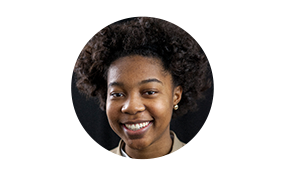
DAJA E. HENRY
TEAM AUTHENTIC
Daja has been an intern at the Congressional Black Caucus, the New Orleans Tribune and Where Y’at Magazine, a participant in the National Association of Black Journalists (NABJ) Student Multimedia Project, a student at the Universidad Del Mar in Oaxaca, Mexico, and briefly, a crew member at McDonald’s. Her latest read was A Mouth is Always Muzzled , detailing the effects of colonialism in Guyana and how art can be utilized in the development of a country.
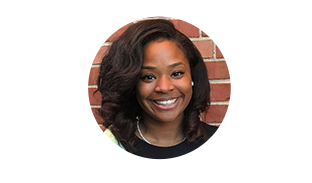
ILA WILBORN
TEAM AUTHENTIC
Ila Wilborn is on the President’s List with over 200 community service hours in the Tallahassee community. Wilborn is also a published staff writer for The FAMUan , an active member of the National Association of Collegiate Scholars, Phi Sigma Theta National Honor Society, and the FAMU Chapter of NAACP.
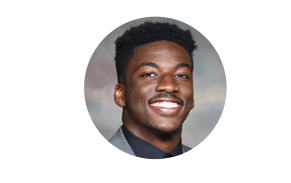
NATRAWN MAXWELL
TEAM AUTHENTIC
Natrawn’s love for journalism developed through his curiosity about other cultures, dance and technology. An academic tutor and captain of a dance team, Maxwell has also proven himself to be a leader and a true teammate. His resume includes working as media director for A. Bevy Collegiate Group, media consultant for ERA Wilder Realty and a creative contributor for the documentary Politics With Us.

